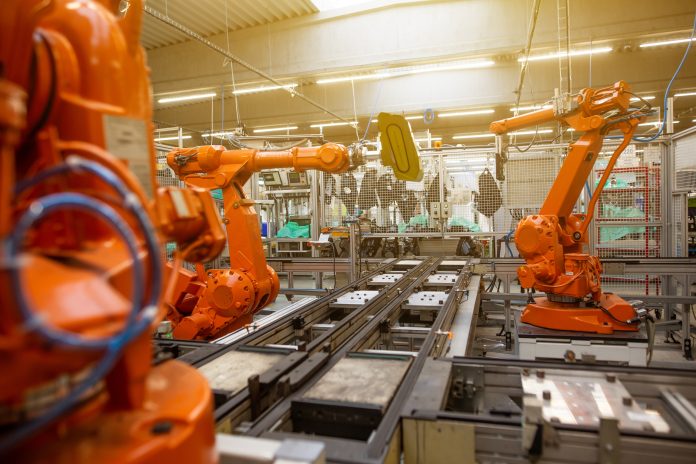Like most new technologies and innovative systems, automation is rapidly becoming more accessible and more affordable for a variety of manufacturers. Instead of only the largest and wealthiest of manufacturing enterprises having access to current automation systems. Smaller operations with tighter budgets and operating margins are on the precipice of access to virtually the same automation systems that large manufacturing enterprises currently use.
Automation systems are also becoming more accessible for packaging and warehousing systems. These systems are crucial when it comes to keeping the supply chain supplied and working efficiently. As goods are manufactured, they require packaging and distribution, among many other steps. Automation enables flawless on-time packaging that helps get products to markets faster. Those products require a distribution system, which automation also is accomplishing very efficiently. Luckily, those respective automation systems are becoming more available to companies of all sides.
Increased Availability of Turnkey Automation Systems
The future of manufacturing automation includes turnkey systems that do not require complicated computer programming and coding to make them work. Currently, installing automation in manufacturing requires a dedicated team that designs a custom system and writes special programming to make it work as intended. The design, installation, and programming process can take a long time. It also maximizes costs.
More standardized automation systems can help more manufacturers and packaging providers to improve their production capabilities and speed while also improving their products. Automation eases costs and requirements for labor, which creates more time to improve current production systems. Manufacturers can focus on making their products better and more profitable.
The automation systems also help packaging systems to handle the influx of products that must be packaged for final distribution to local, regional, and national markets and beyond. Packaging systems can print, create, and apply packaging more effectively to save costs and increase profit margins. Such innovations also help to lower the cost for consumers, which makes automation a huge asset for consumers, too.
Modular Automation Systems Support Manufacturing
Modular automation systems are what enable the standardization of automation across most manufacturing processes. A modular automation system is a standardized one that is essentially the same as other manufacturers use to produce their goods. Modular systems break down the manufacturing process into steps that are automated and adaptable, so that they can be adjusted and improved.
The systems help to gather raw materials and deliver them to manufacturing facilities that render the raw materials into steel and other useful substances that are critical for manufacturing. Those products sometimes are rendered by large manufacturing entities for their own purposes. Smaller operations, though, require third parties to render raw materials into useful materials for their respective manufacturing processes.
Modular automation systems also standardize and improve packaging systems. The efficient printing, packaging, and warehousing of goods support a more efficient supply chain that helps lower distribution costs and make goods more affordable for consumers and more profitable for manufacturers.
Standardized Operator Panels Make Training Easier
Modular automation systems require control panels that help to track production at critical points of the overall manufacturing and packaging processes. The standardized operator panels enable organizations to train workers in their use so that several are capable of monitoring productivity instead of only a highly trained few. Standardized operator panels enable workers to monitor progress at a particular stage in manufacturing, identify problems, and make improvements.
The combination of modular manufacturing systems and standardized operator panels provides workers with a much greater level of control than when using more analog systems. The very promising technologies are already available and should become even more so in the very near future.


